Marine hinges are a specially designed hinge that is approved for installation on boats, ships, and equipment for use in ocean and lake environments. These simple flat mechanisms have to meet a set of strict standards before being approved for marine use. Each part of the mechanism has to be certified and approved down to the smallest detail. Read More…
We take our customer evaluations as our only measure of success. If our customers are not happy, we are not happy! We will work with you until we find the right hinges solution for you.

We are here to provide you with any hinge you could ever possibly need! We are the hinge specialists committed to bringing you a level of customer service that is unmatched by the competition.

Hardware Mfg. supplies stock inventory parts in addition to creating custom components for OEM and resellers. We work with a number of different industries such as agriculture, drug tablet, livestock, truck equipment, conveyors, and more.

Slip hinges, continuous hinges, butt hinges, flag hinges and any custom hinge need – Delson Hinge has over 50 years of experience to bring you a better hinge making process. Not only the highest quality standard and custom hinges, but also exceptional service, prices and turnaround. With custom hinge design being our forte, Delson can truly say that we offer a hinge for every need!

At SELECT Hinges, we have been manufacturing high-quality hinges since 1989. We produce continuous-geared aluminum hinges as well as continuous pin and barrel hinges for doors that are subject to constant traffic. Our hinges are designed to withstand frequent use and have been tested for over 25 million cycles. Models are available for new construction or use on existing doors.

More Marine Hinge Manufacturers
The first step in the manufacture of marine hinges is the selection of the type of metal. Most obviously, most metals are not appropriate for harsh wet conditions due to their propensity to rust and corrode. To provide producers with guidance and standards for the types of metals for marine use, the American Bureau of Shipping publishes a list of metals that are suitable for the manufacture of marine equipment and products.
Though marine conditions may seem restrictive, the majority of metals can be adapted to fit the conditions of a marine environment including stainless and alloyed steels to aluminum and brass. To meet the necessary specifications, metals are blended with other metals that have all of the required qualities of rust and corrosion resistance.
Common steels used for marine hinges are AH.36, DH36, and EH36, which have exceptional tensile strength, durability, and endurance. These steels are weldable and can be formed and shaped to fit any application making them perfect for use as hinges. For most producers, steel is the first choice for producing marine hinges and products.
The adapting of a metal for marine use involves the application of some form of coating. Though this may seem to be a simple process, the EPA has very strict regulations regarding the types of chemicals and compounds that are acceptable to be combined for coating materials. These requirements have caused producers to be constantly and changing their processes.
When choosing a metal and its coating, for a hinge, there are a couple factors that need to be consider. First is the positioning of the hinge, whether it will be immersed or above the water line. This factor determines if the metal will need treatment beyond a coating, which could include cathodic treatment.
A normal process used to condition selected metal hinges for marine use is anodizing, a process that produces an oxide layer on the hinge. As has been found with aluminum, an oxide layer is rust and corrosion resistant. The anodizing process creates a hard, long wearing coating that enhances the hardness and strength of certain metals.
There are a wide variety of hinges that include butt, piano, glass, concealed, or mounted. Though they are normally found in other applications, they have to be specially conditioned for marine applications. Unlike their hardware store counterparts, they are more expensive due to the processing necessary to make them adaptable for marine conditions.






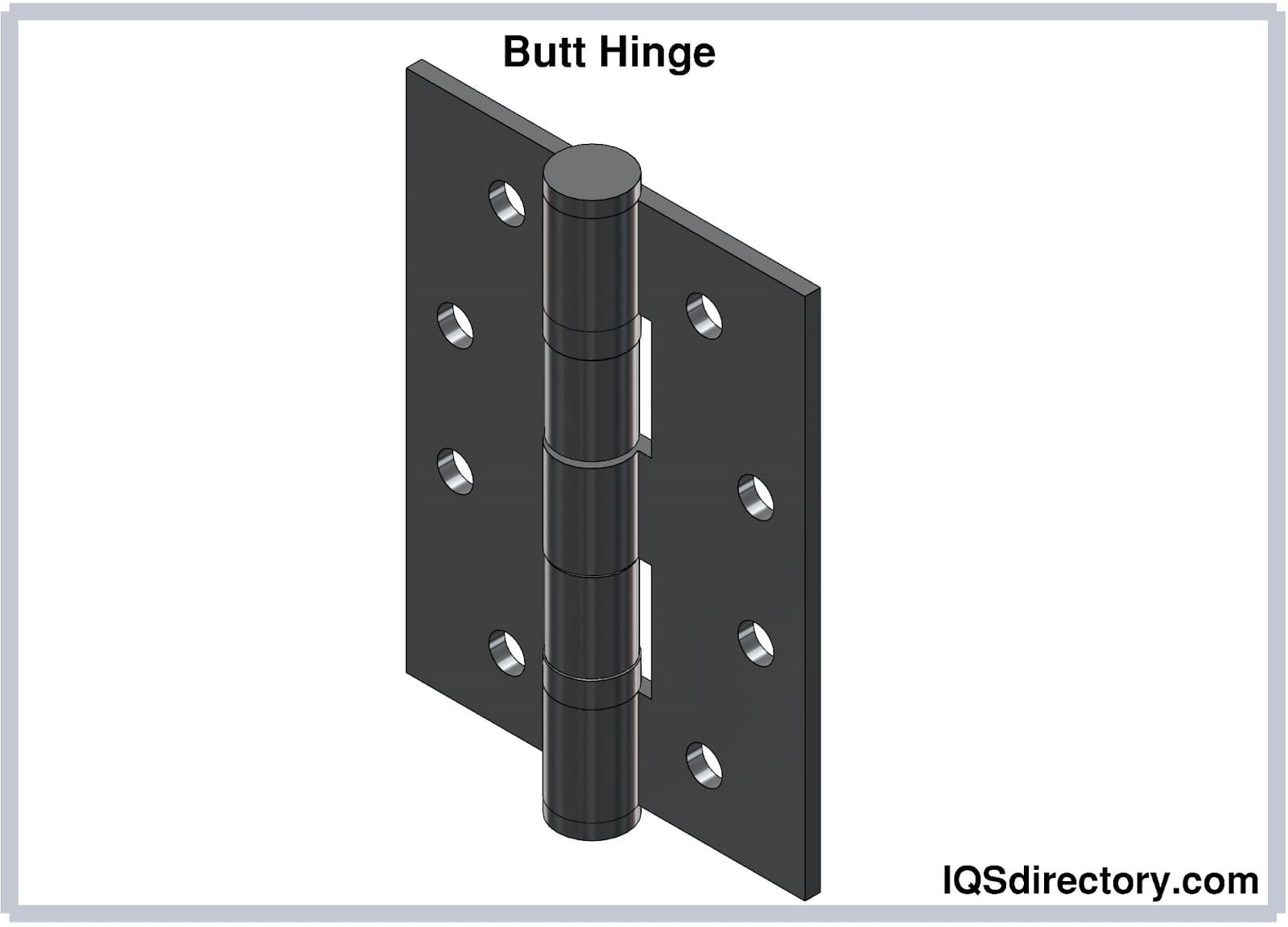
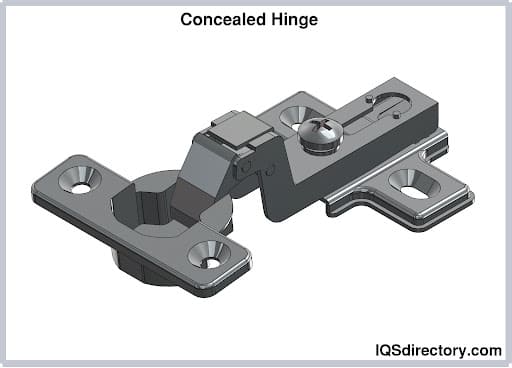
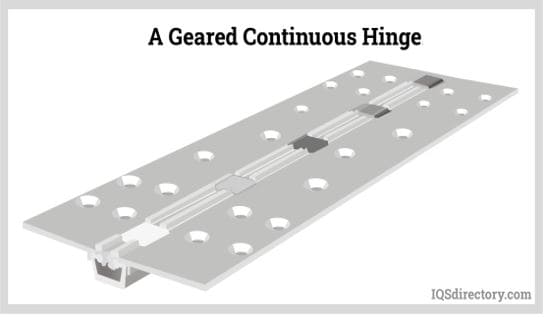
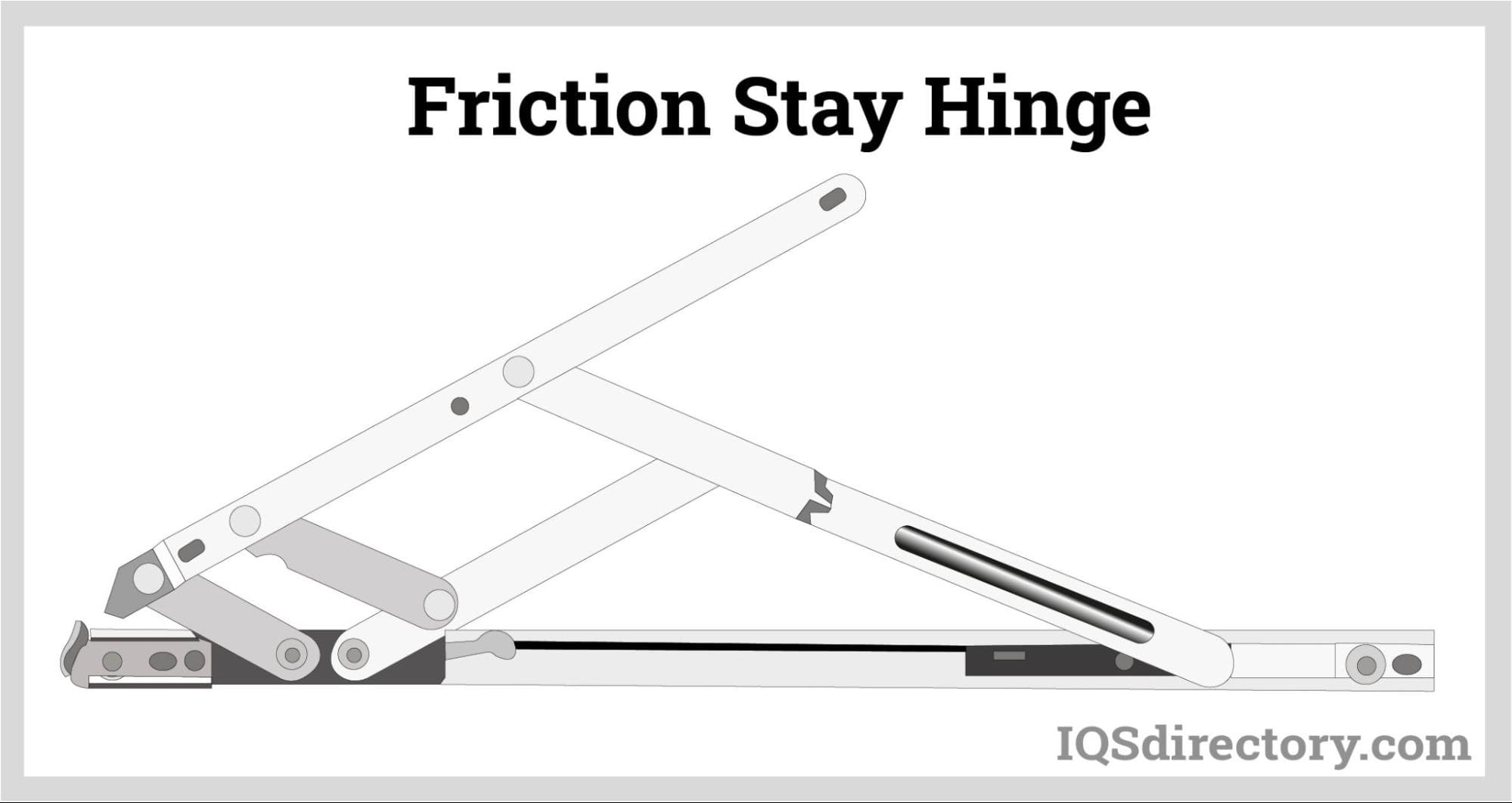
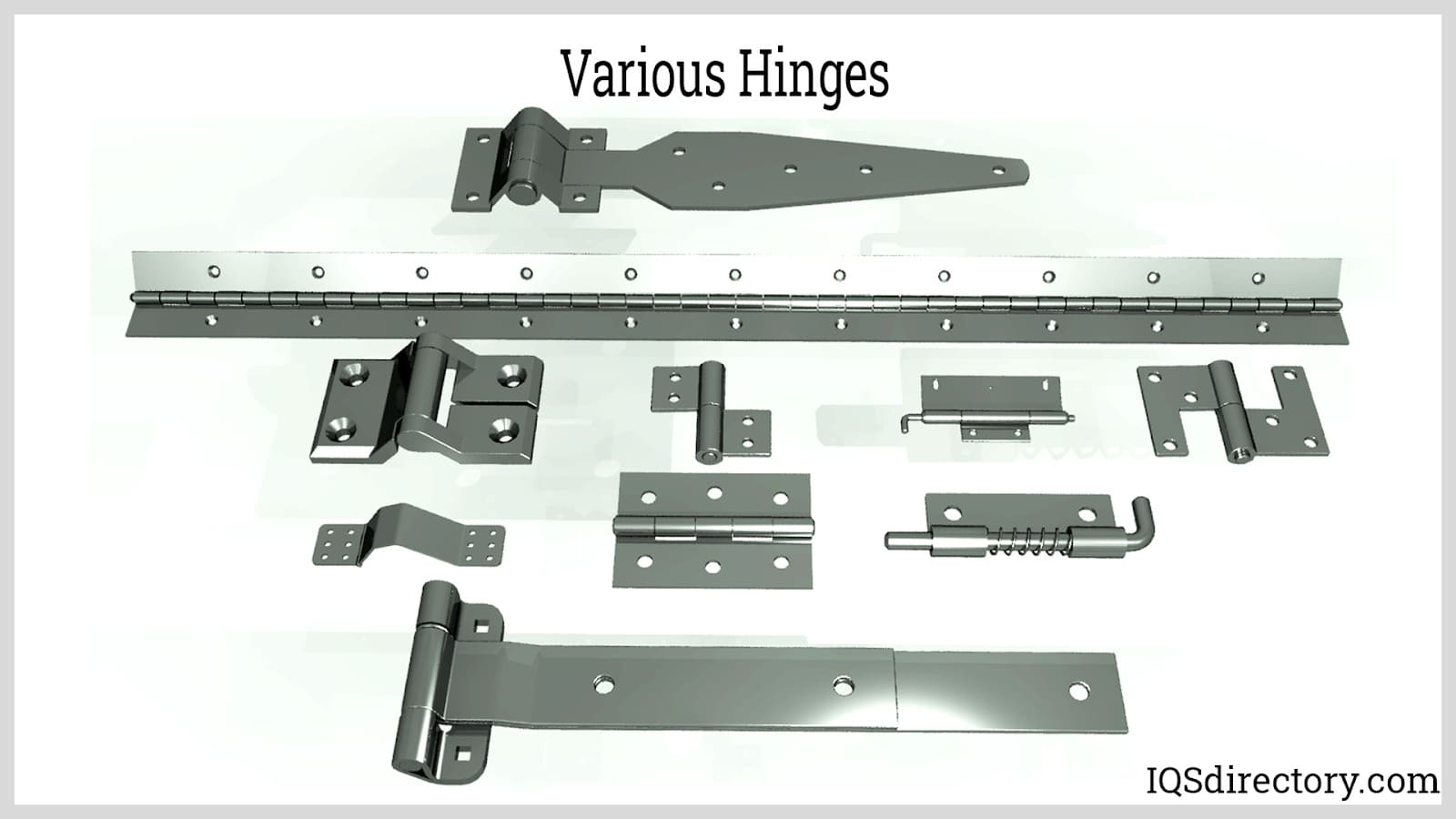
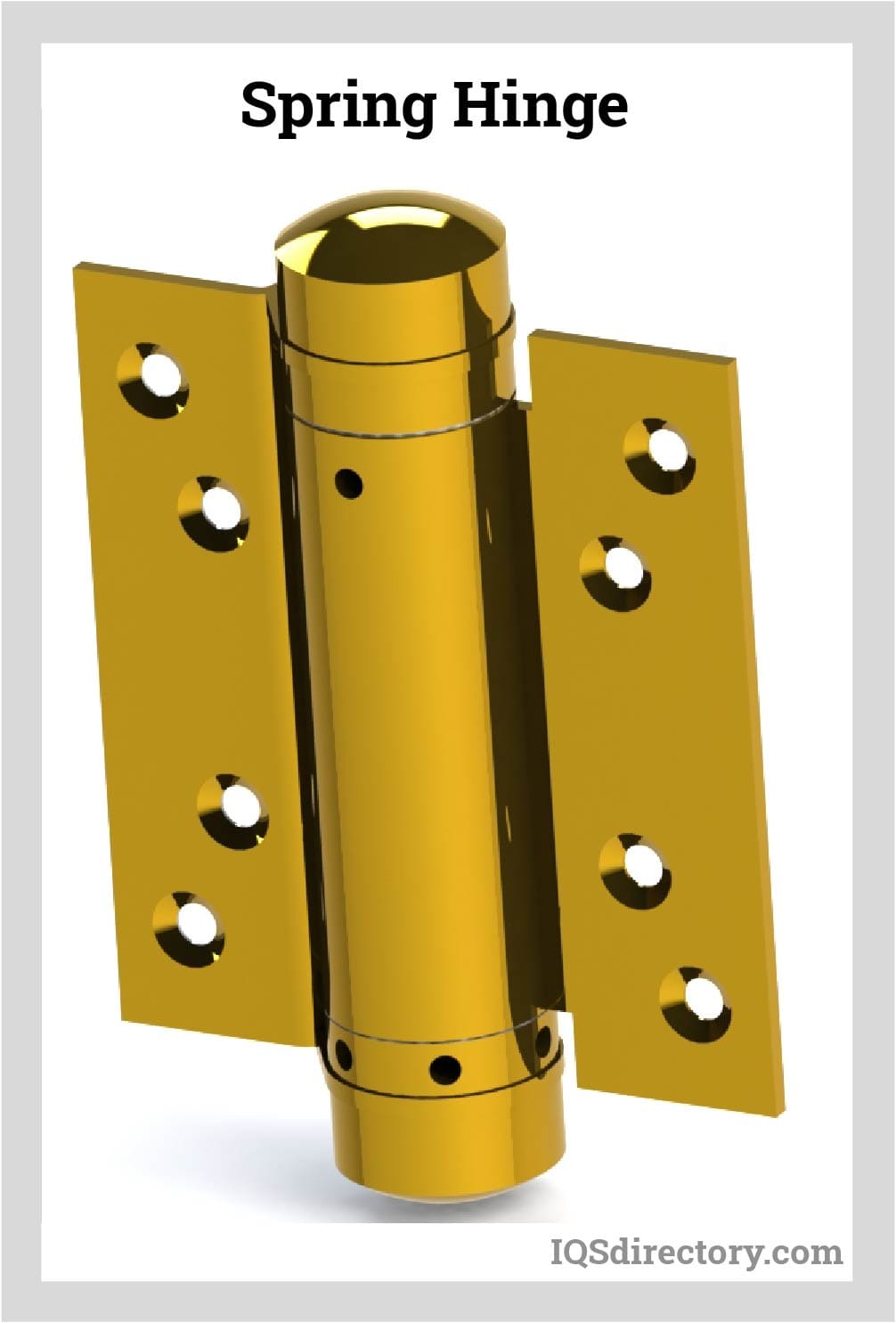
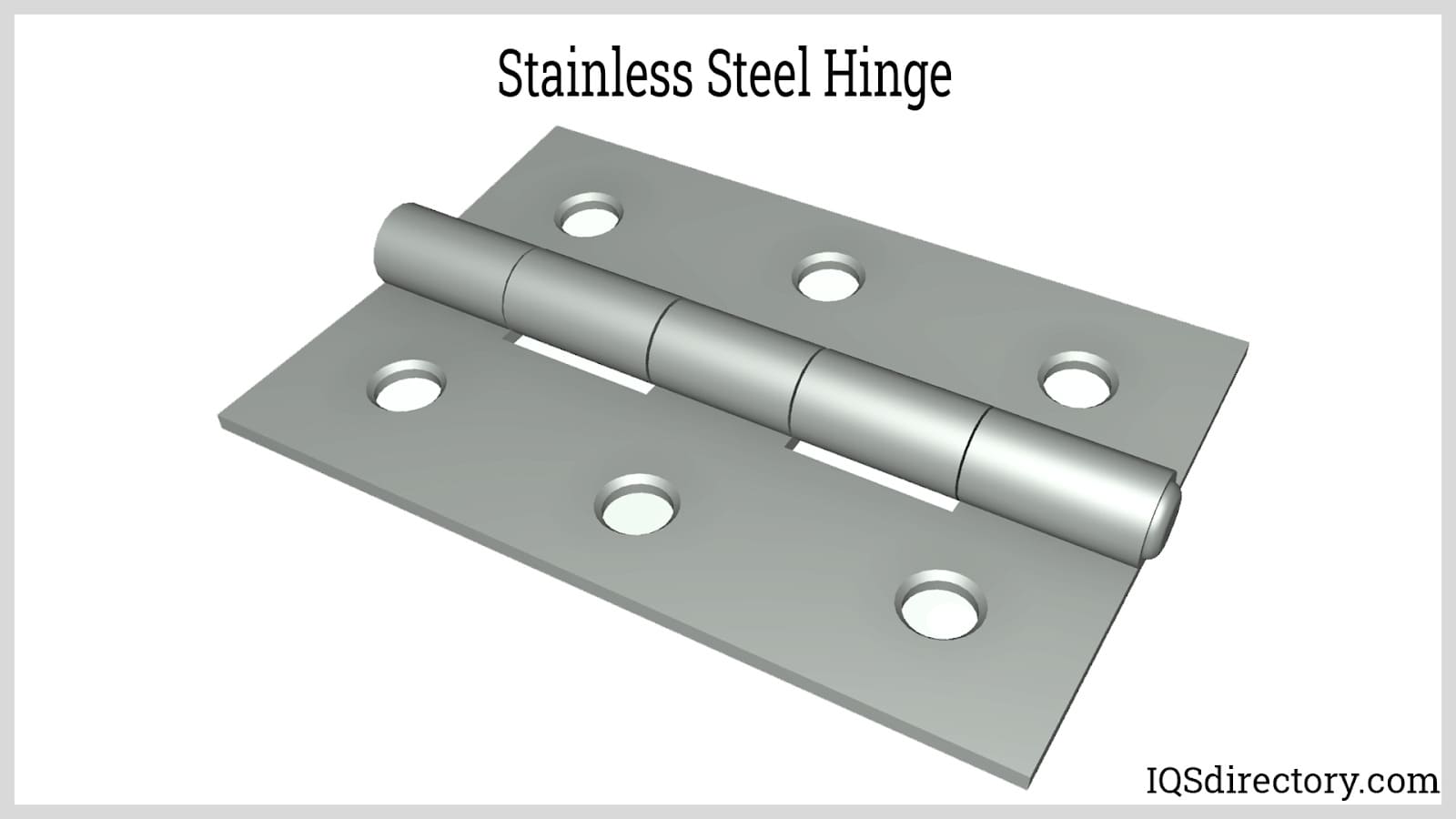
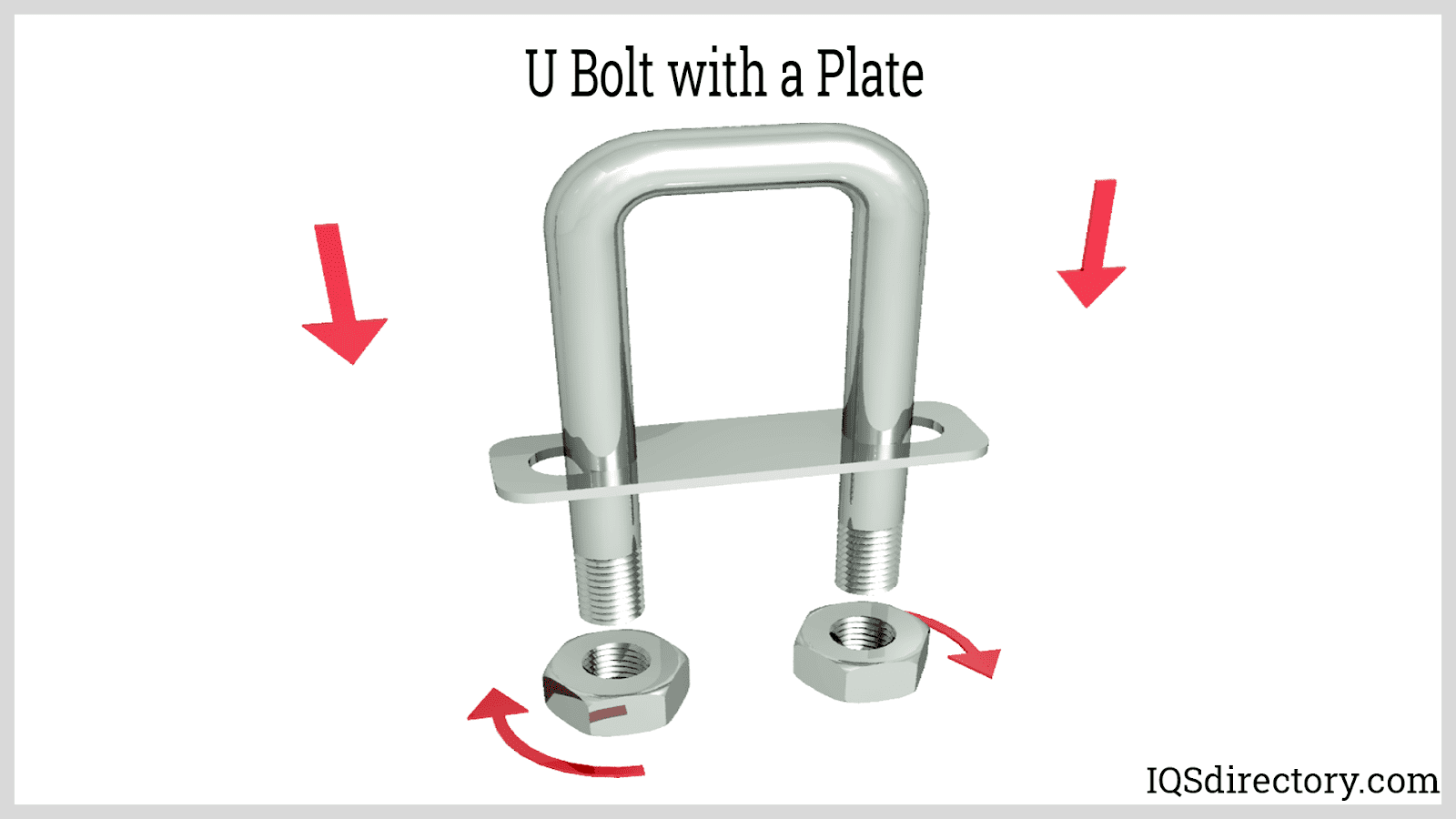
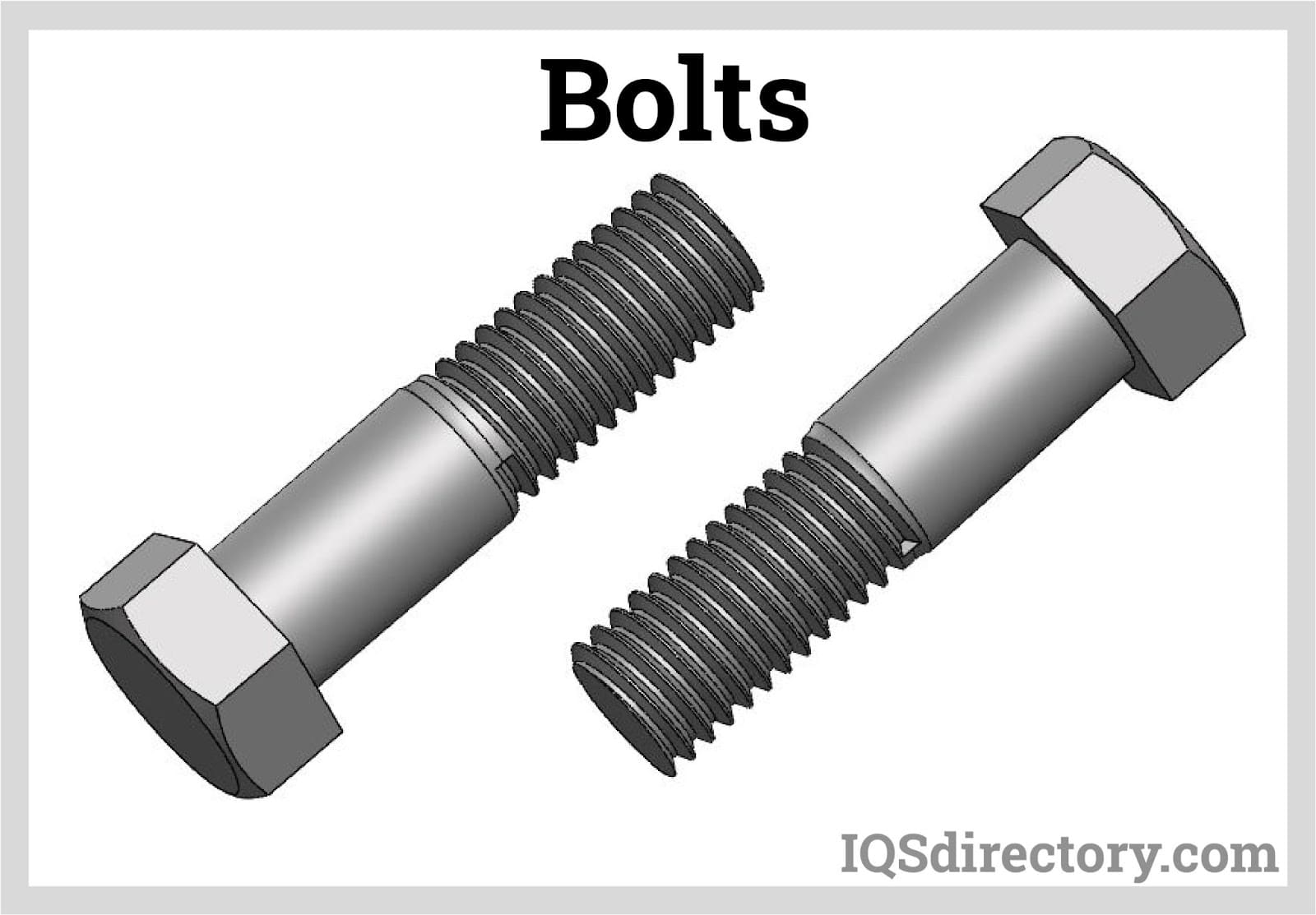
 Bolts
Bolts Fasteners
Fasteners Gas Spring
Gas Spring Handles
Handles Hinges
Hinges Latches
Latches Locks
Locks WIre Hooks
WIre Hooks Castings & Forgings
Castings & Forgings Bulk Material Handling
Bulk Material Handling Electrical & Electronic Components
Electrical & Electronic Components Flow Instrumentation
Flow Instrumentation Hardware
Hardware Material Handling Equipment
Material Handling Equipment Metal Cutting Services
Metal Cutting Services Metal Forming Services
Metal Forming Services Metal Suppliers
Metal Suppliers Motion Control Products
Motion Control Products Plant & Facility Equipment
Plant & Facility Equipment Plant & Facility Supplies
Plant & Facility Supplies Plastic Molding Processes
Plastic Molding Processes Pumps & Valves
Pumps & Valves Recycling Equipment
Recycling Equipment Rubber Products & Services
Rubber Products & Services